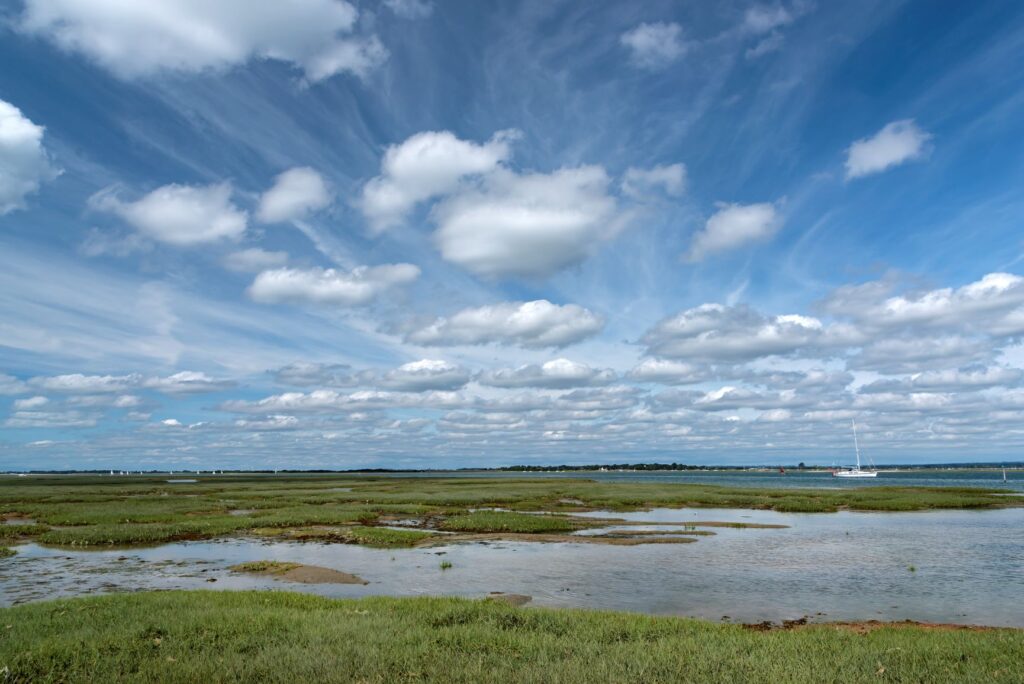Chichester Harbour Protection and Recovery of Nature (CHaPRoN) was formed in November 2020 as a partnership, led by Chichester Harbour Conservancy, working collaboratively with specialist organisations including the Environment Agency, Natural England, Sussex IFCA, Coastal Partners, RSPB, Chichester District Council and Southern Water.
The initiative was formed in response to growing concerns regarding the decline in biodiversity within the Harbour, combined with a number of key governmental drivers including Defra’s 25 Year Environment Plan and the subsequent new Environment Act 2021; the Landscapes Review: National Parks and AONBs, the Agricultural Act 2020 and the publication of Natural England’s Condition Review of Chichester Harbour sites: intertidal, subtidal and bird features (NERR090 February 2021.
These drivers highlighted the increasing pressures on the natural environment and dramatic decline in biodiversity, whilst setting out new ambitions to protect, restore and enhance the natural world.
The Government’s 25 Year Environment Plan summarises the severity of these pressures:

“The effects on wildlife and habitats are stark. We are in danger of presiding over massive human-induced extinctions when we should instead be recognising the intrinsic value of the wildlife and plants that are our fellow inhabitants of this planet. Furthermore, human-induced climate change threatens unpredictable and potentially irreversible damage to our planet. It is in everyone’s interest to be part of the solution. Over the next 25 years we must safeguard the environment for this generation and many more to come”.
In February 2021, Natural England’s Condition Review Report downgraded Chichester Harbour Site of Special Scientific Interest (SSSI) to an Unfavourable Declining condition. The overall reason for this is due to the continued loss of saltmarsh, the poor quality of saltmarsh and mudflat habitat, and the continued decline of several bird species (wintering and nesting). These are all ecologically important habitats and species. Sites with SSSI designation are legally protected under the Wildlife and Countryside Act 1981. However, the NE’s report highlighted that despite being a highly designated area, Chichester Harbour had not escaped the gradual deterioration of the natural environment and loss of biodiversity.
What’s evident, is that if we are going to reverse the decline of the natural environment, we need to do things differently. We must work together to develop innovative and sustainable solutions to help the Harbour adapt and be resilient to the environmental and anthropogenic pressures placed upon it, helping to protect it for future generations to come. It is with this sense of united purpose that the CHaPRoN partnership was born, working together for the protection and recovery of nature in Chichester Harbour.